I write these words / J’écris ces mots is a fascinating and elegant volume of poetry that examines the world of a woman born in Tunisia but living in Toronto, and women’s universal struggle to find their place in the world. Poems explore the roles woman play in diverse societies and cultures and draw the reader in with gentle, probing verses that beguile with their beauty, but challenge with their meaning. Sometimes the reader travels in the present, sometimes in the past, into the world of a woman and poet who is pulled in many directions. The volume features a selection of French poetry, translated into English, from the poet’s earlier collections in French, as well as new poetry written in English (and translated, by the poet, into French). Included are a préface by Andrée Lacelle, a foreword / avant-propos by Mireille Desjarlais-Heynneman, and a postface by Didier Leclair.
“Lélia Young’s poetry is a meditation, a prayer of sorts, not about the sacred world, but about the need to cogitate about the real, everyday world. These poems are insinuated by a woman sitting at a desk, writing by candlelight, while the rest of the family is asleep, pondering her place in a society she finds puzzling, cruel, violent. The poet desires, but never imposes her will. Lélia Young whispers more than screams her tears, fears, wishes during these moments of intimacy. Hers is the fragility of the poem.”
—Antonio D’Alfonso
Born in Tunisia, Lélia Young immigrated to Canada in 1968. She is currently an Associate Professor in the Department of French Studies, York University, in Toronto. She is the author of several poetry books in French, including: Entre l’outil et la matière (1993); Si loin des cypress (1999); Aquarelles, La paix comme un poème (2006); and Réverbères (2007). In 2009, she organized a conference on the topic of Francophone poetry in North America, in 2009, and a book of the proceedings Langages Poétiques et poésie francophone en Amérique du Nord (Poetic Languages and Francophone Poetry in Nord America) is forthcoming. She is also the founder and director of an international research network focused on interdisciplinary and multidisciplinary Francophone studies in literature (c-ricefm).I write these words/ j’écris ces mots is her first bilingual volume of selected poetry.
Christine Tipper is an internationally published French and Spanish literary translator currently living in Swindon, England. She is also a poet, writer, storyteller and lecturer. She earned her Ph.D. at the University of Exeter and has translated and interpreted for over 30 years, working across France, Belgium, Canada, Spain, and the uk. Her translation of Nadine Ltaif’s poetry Entre les fleuves, was published in Canada as Changing Shores (Guernica Editions) in 2009. She divides her life between her numerous writing passions and visiting her sons and grandchildren in Spain, Belgium and France when she is not trekking in the Himalayas in Nepal where she supports a local school.

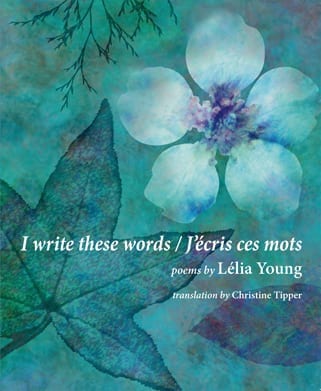
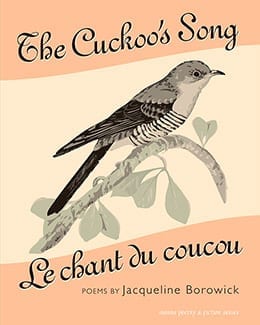
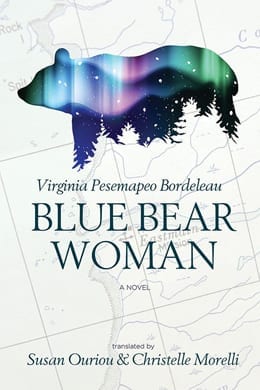
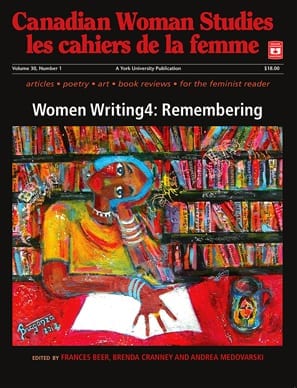
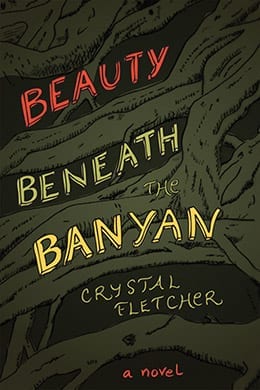
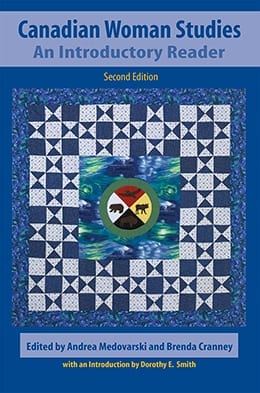

InannaWebmaster –
I write these words /J’écris ces mots
reviewed by Sarah Bernstein
Room Magazine, Vol.38.1 – March 2015
Lélia Young’s I write these words /J’écris ces mots draws from three previous poetry collections, translated into English by Christine Tipper, and includes a group of new poems, her poèmes inédits.
In Young’s poems, the passage of time is marked in cycles, by the sweeping of seasons. Here, time is not a matter of seconds ticking away, but of movements in the light, like the moment du soleil in “Au fond de l’eau” or Le halo de l’éveil (“waking halo”). Time works on a different scale, expressed as depth rather than as duration—the depth of water in “Au fond de l’eau,” in which time hangs suspended as the speaker looks through the water, through the silt, and observes a face “torturé / par la douleur des sediments.” And in “Constance,” the speaker’s gaze passes through the earth and sees what will be: in the ground, “se veut l’avenir des graines / le future des récoltes” (“the seeds of the future / await harvests”). Meanwhile, the poems seem to wander. The cadence and rhythm in, for example, “Constance,” seem haphazard, meandering, perhaps reflecting the volume’s broader thematic concerns with roots—both literal and figurative—and rootlessness.
At times, something is lost in the English rendering of these poems, beyond the usual difficulty of poetic translation. The English sits beside the French original in tidy and precise parallel—and miroîter, mirroir, reflections, are, incidentally, images that suffuse Young’s poetry. The tidiness of it all is suspect, though, too literal and exact. Perhaps because of this, there is dissonance between the source and the English text, which tends to lose the sound and sense of Young’s lines. Tipper’s translations sometimes seem like word-for-word renderings with no ear for overall meaning. This creates awkward moments in, for example, “Dans le flot de l’écume” (“In the frothy flow”), where clouds “hug” the sky “high above the silver flutterings / of a gull puffed with exuberance,” or, for instance, “Au fond de l’eau,” in which a “smile is dead / in the threshold of life,” and “ce visage violé” becomes “this raped face.”
Young’s new poems, which bring the volume to a close, seem vital in a different way from the selections of her earlier work. There’s a driving energy— anger, even—animating these poems that’s quite different from the greenworld vitality of her earlier work, and they are certainly the collection’s high point.
Young lives in Toronto and teaches in the Department of French at York University.